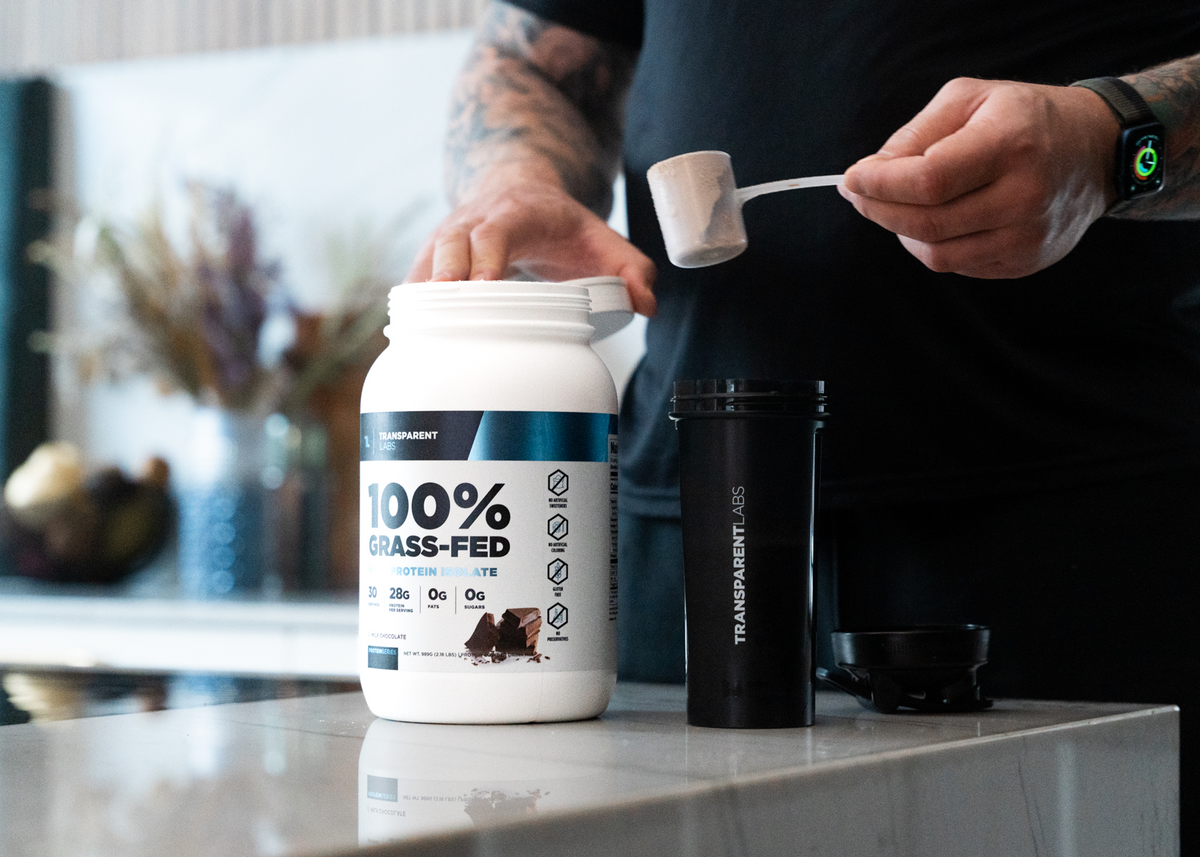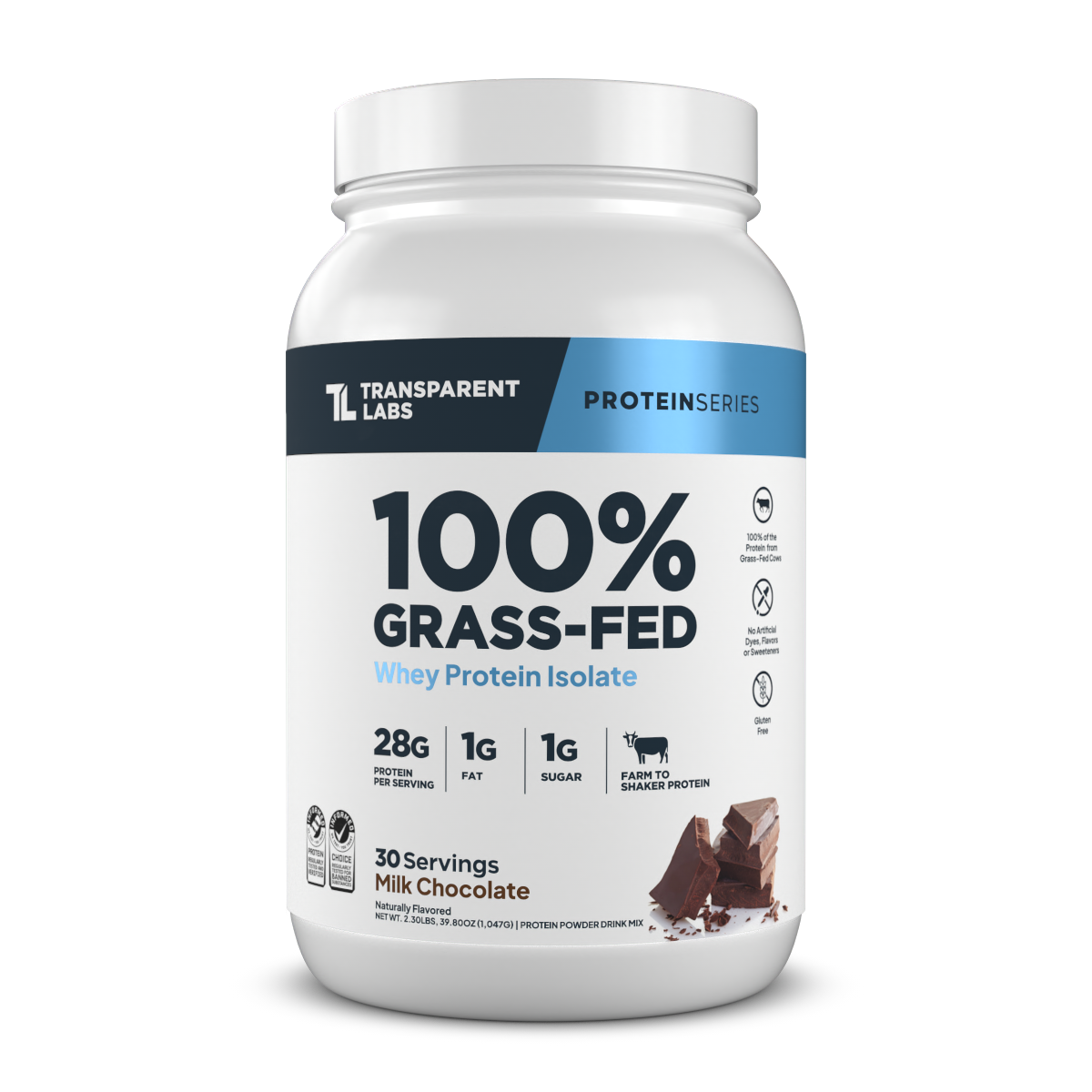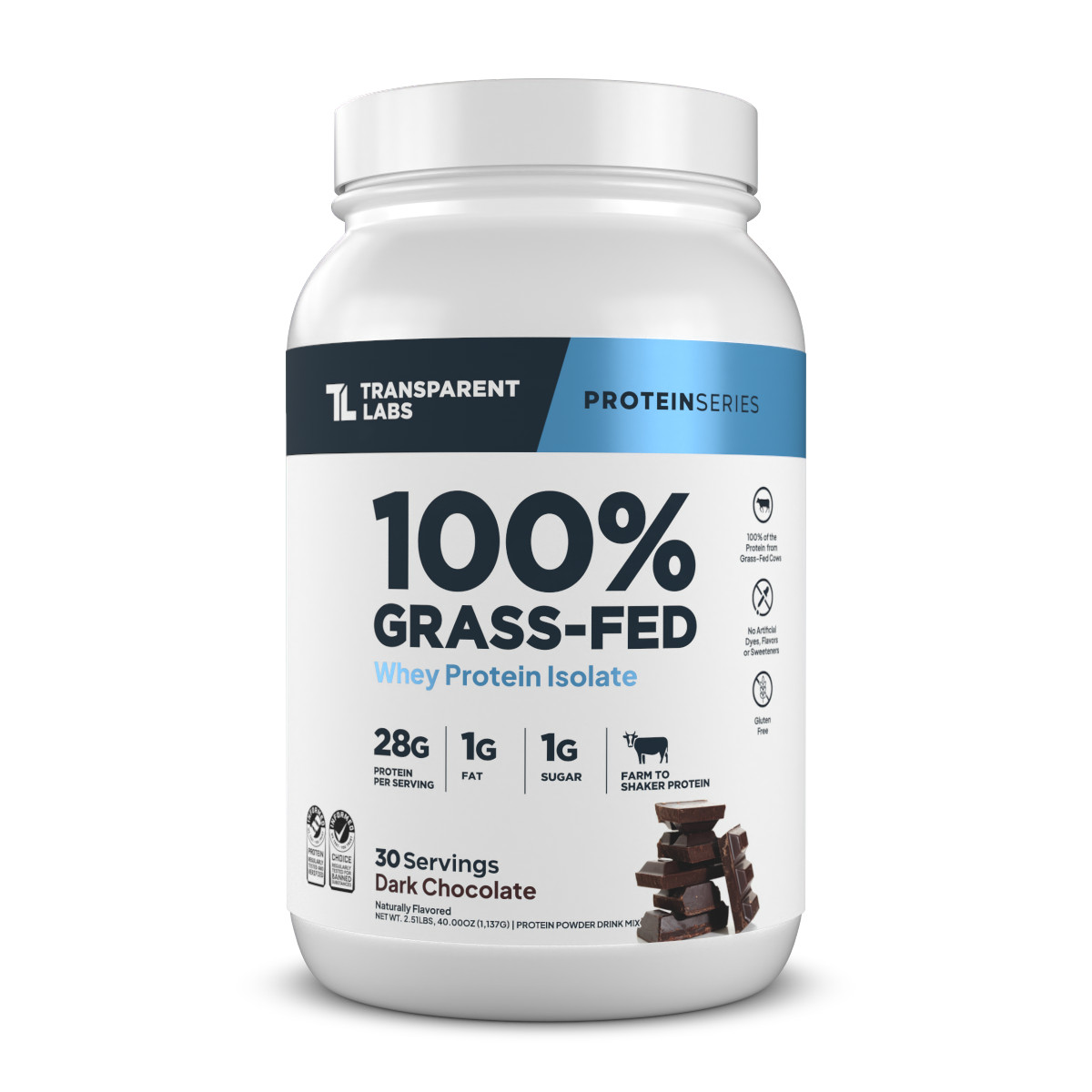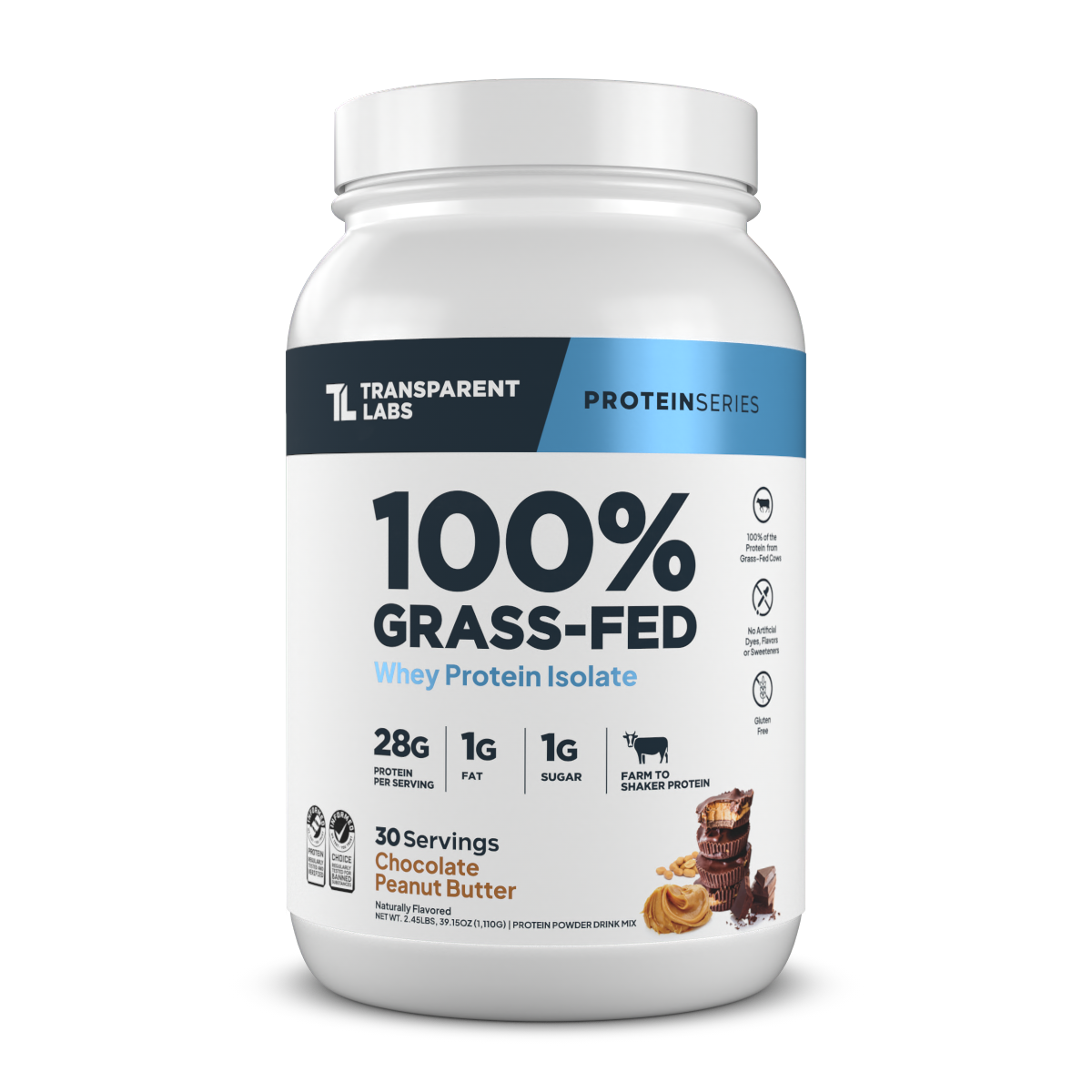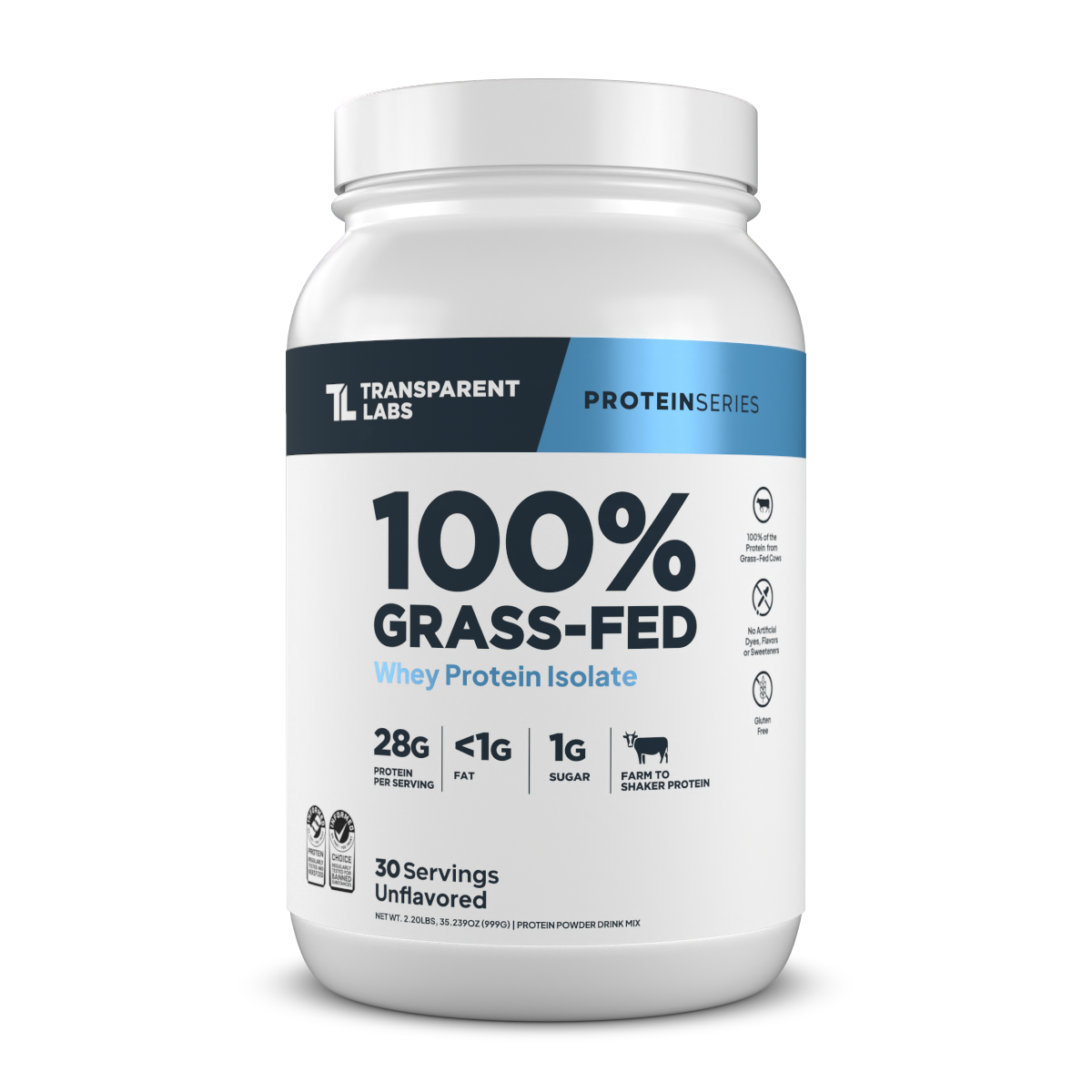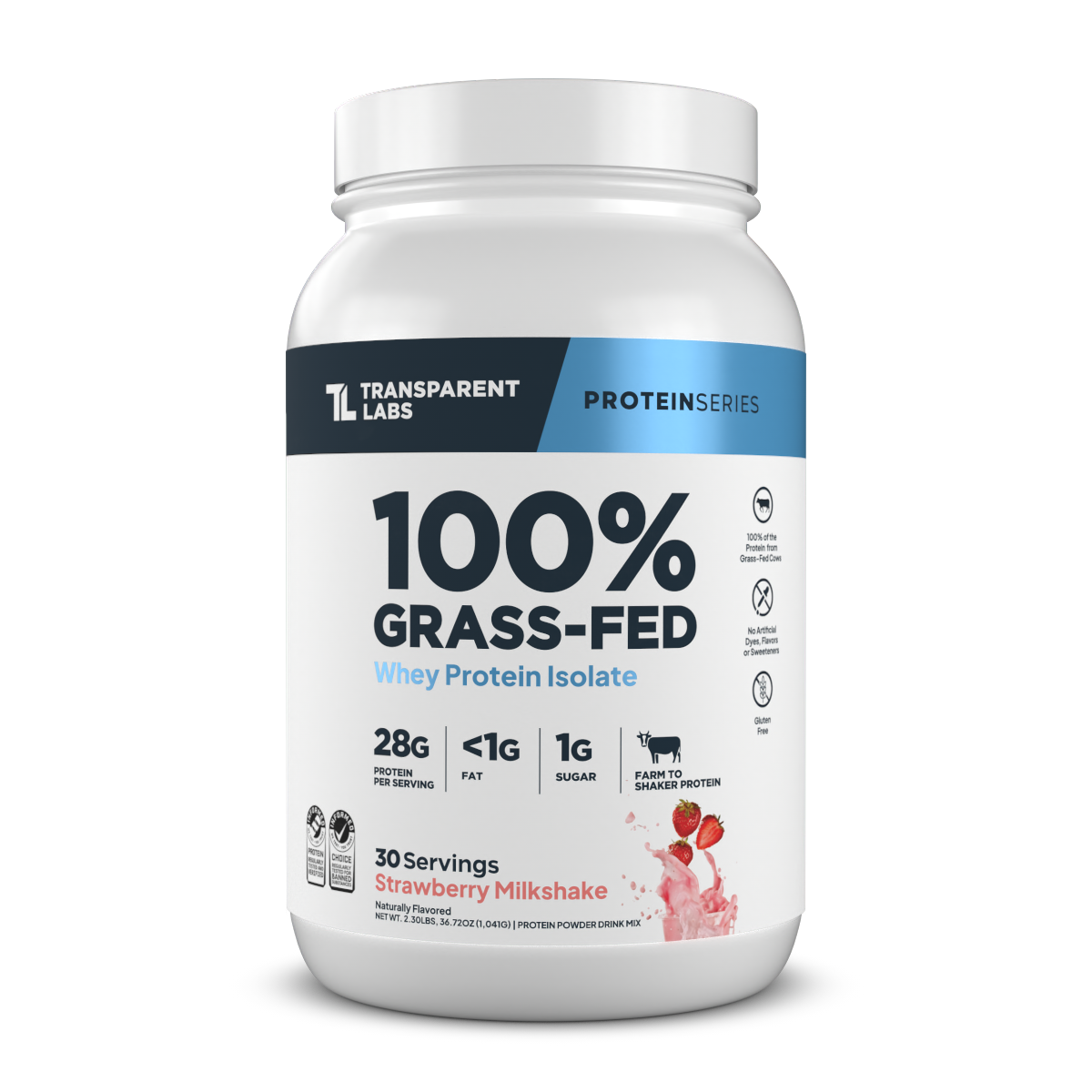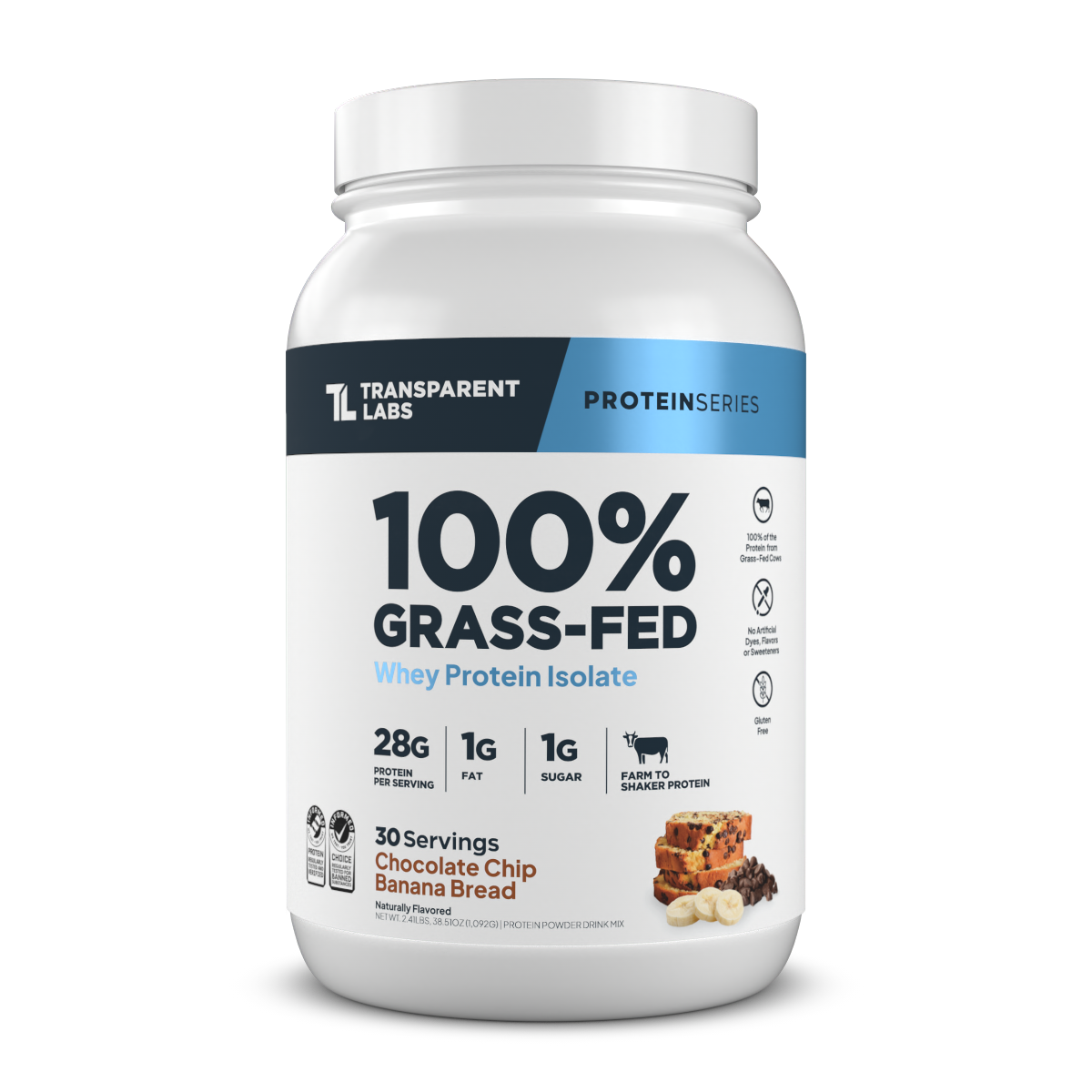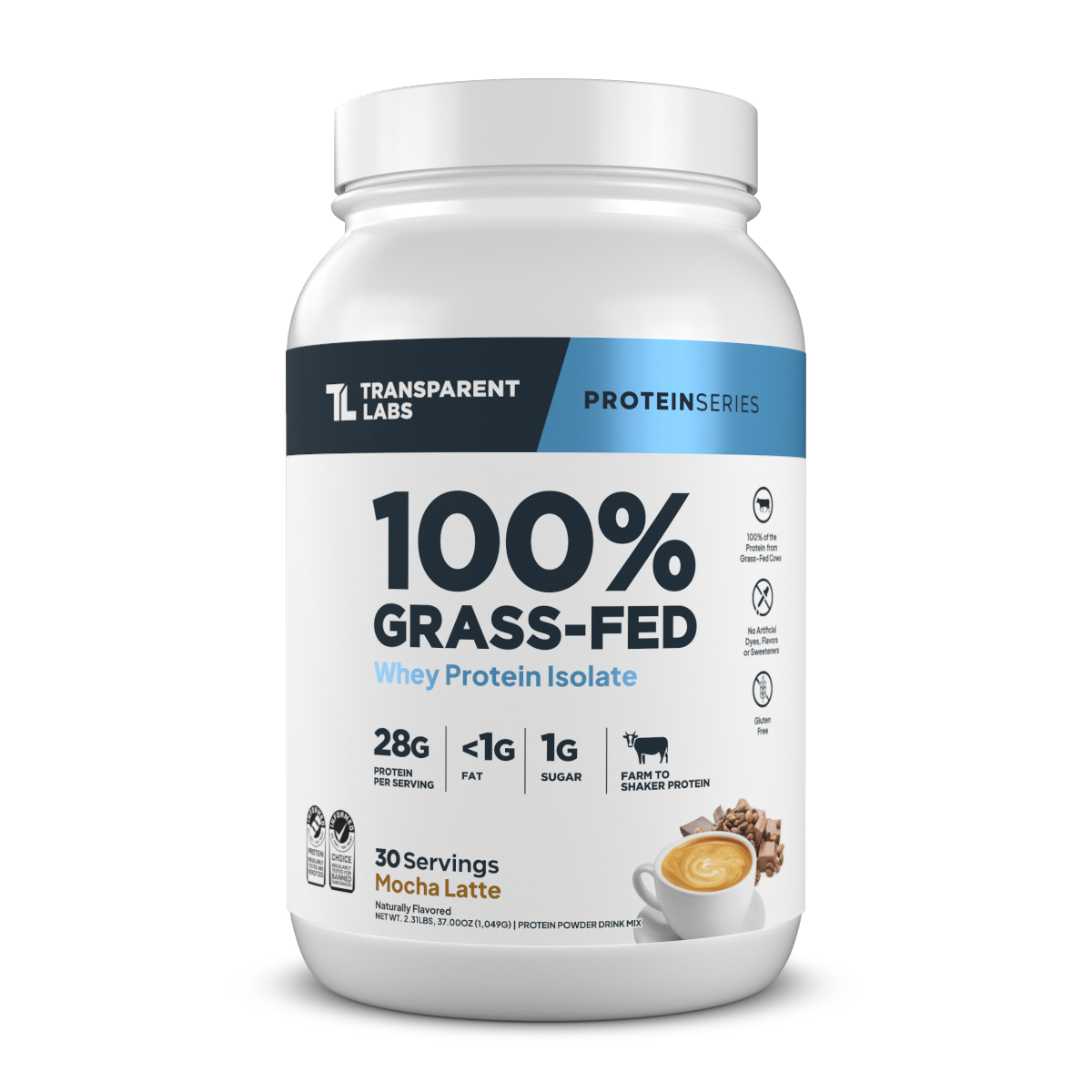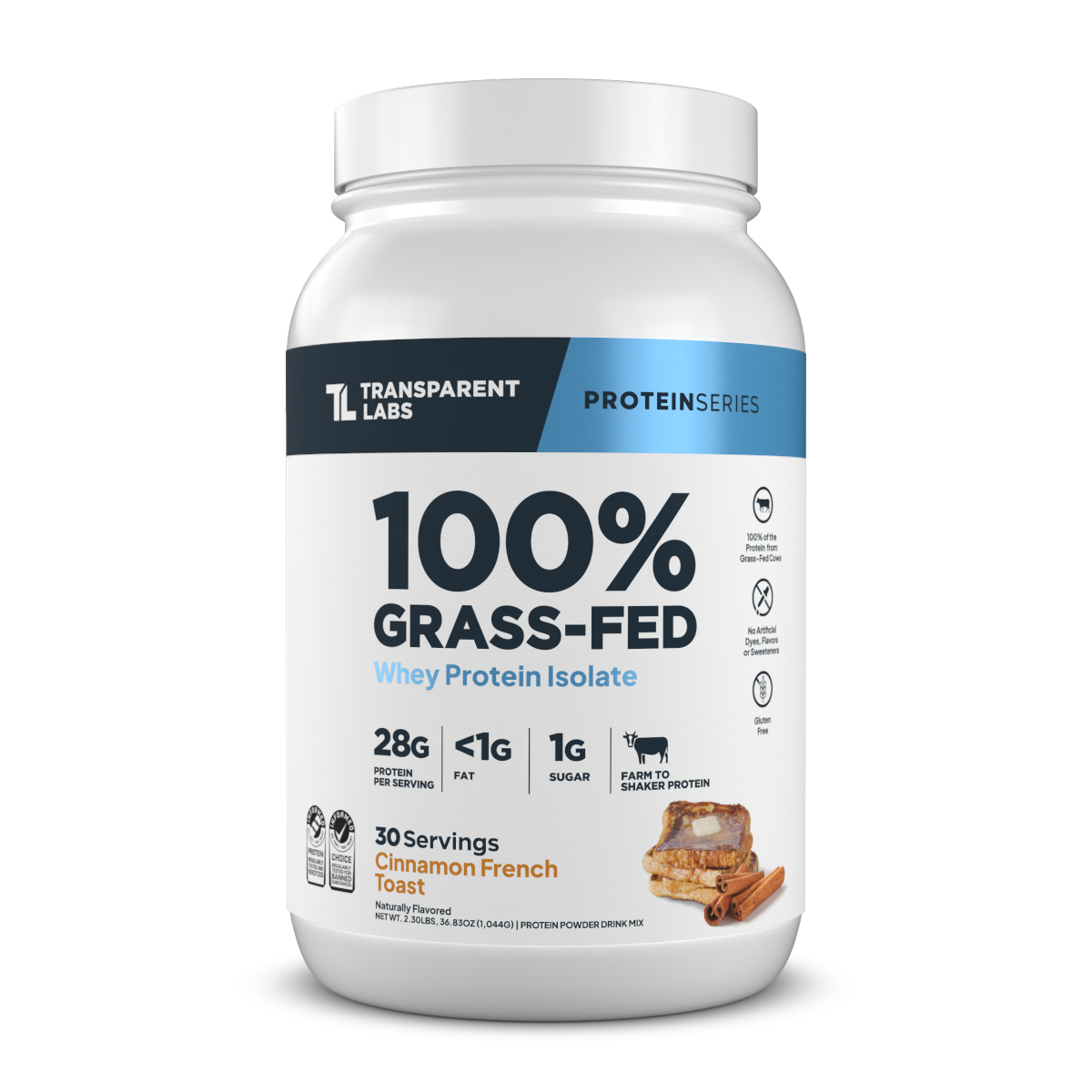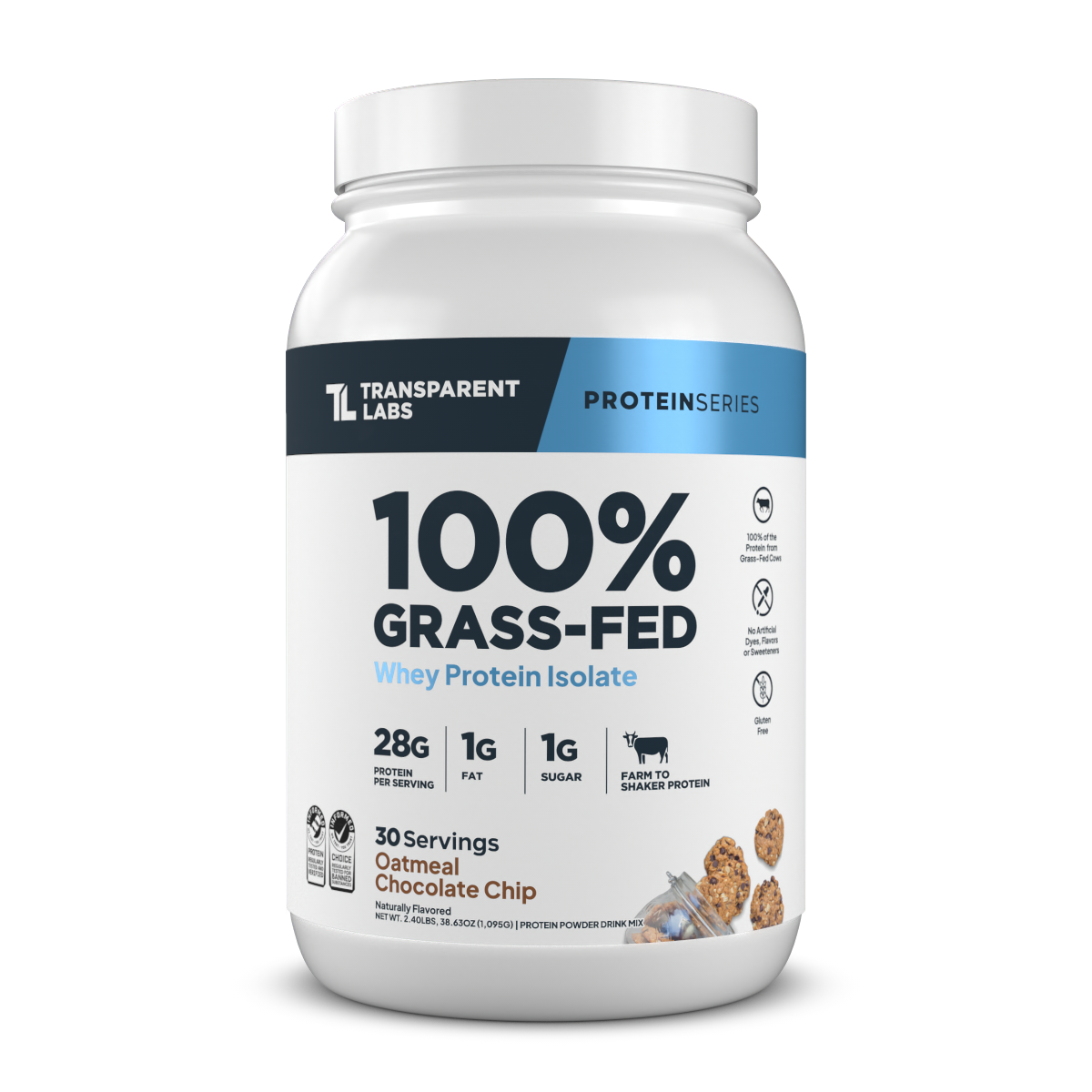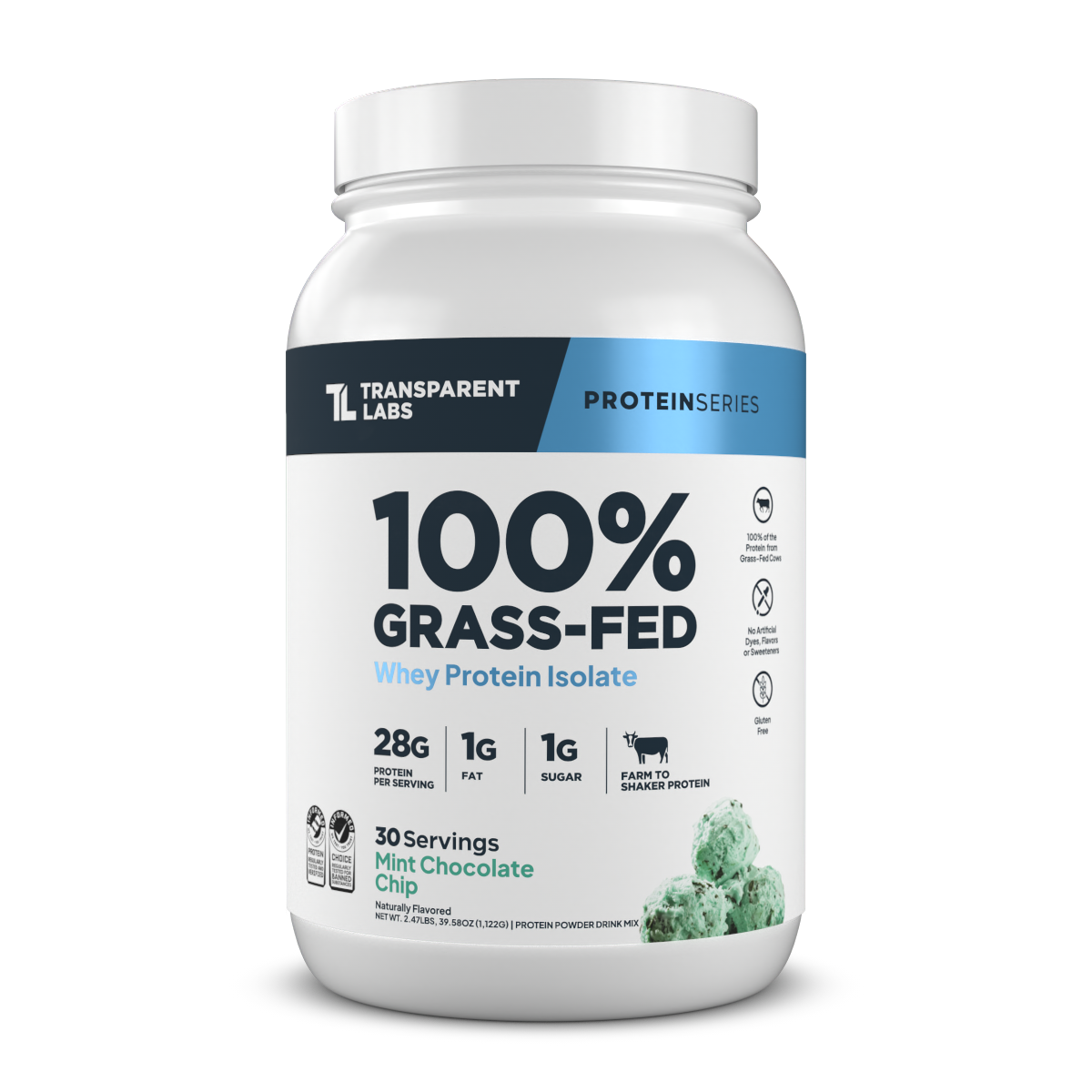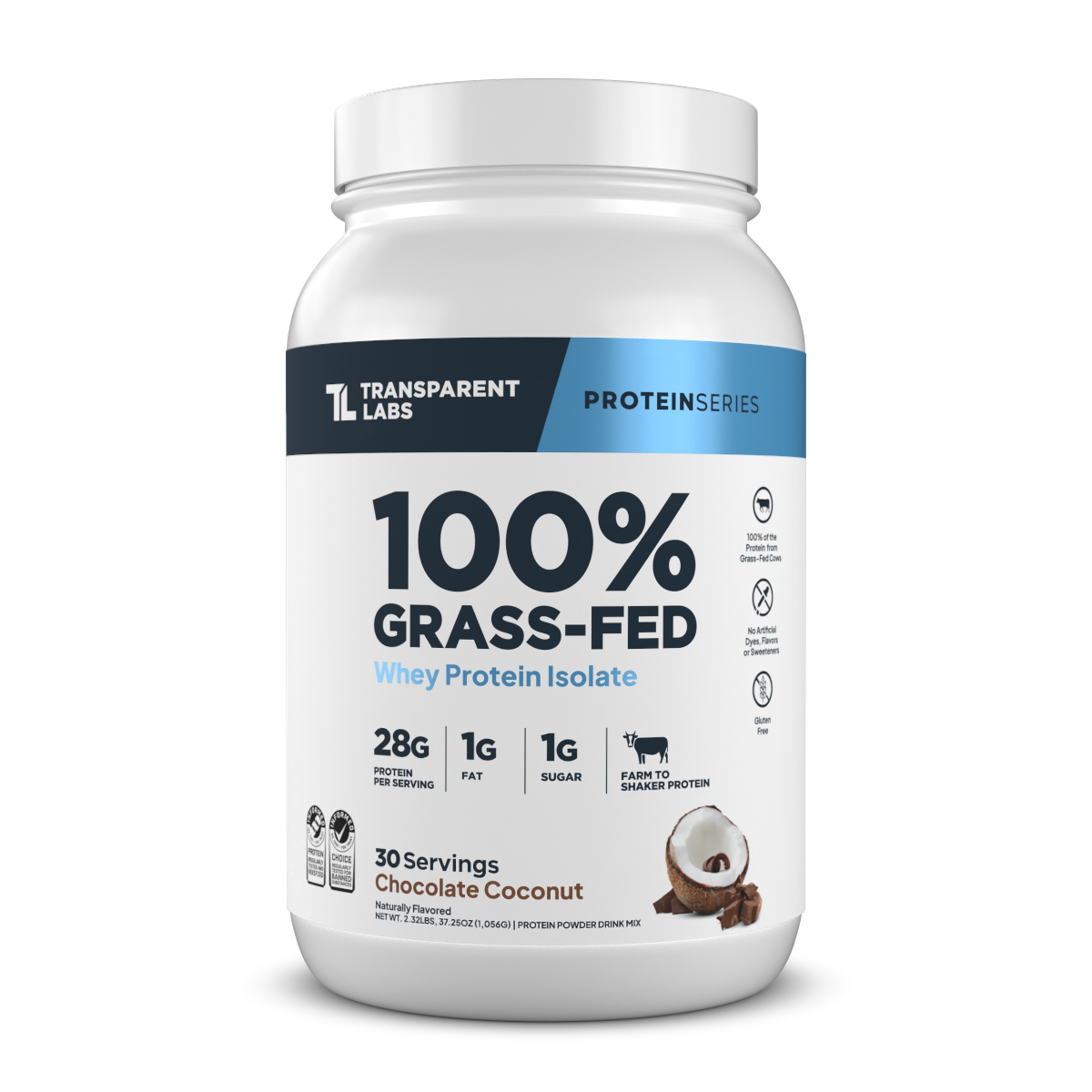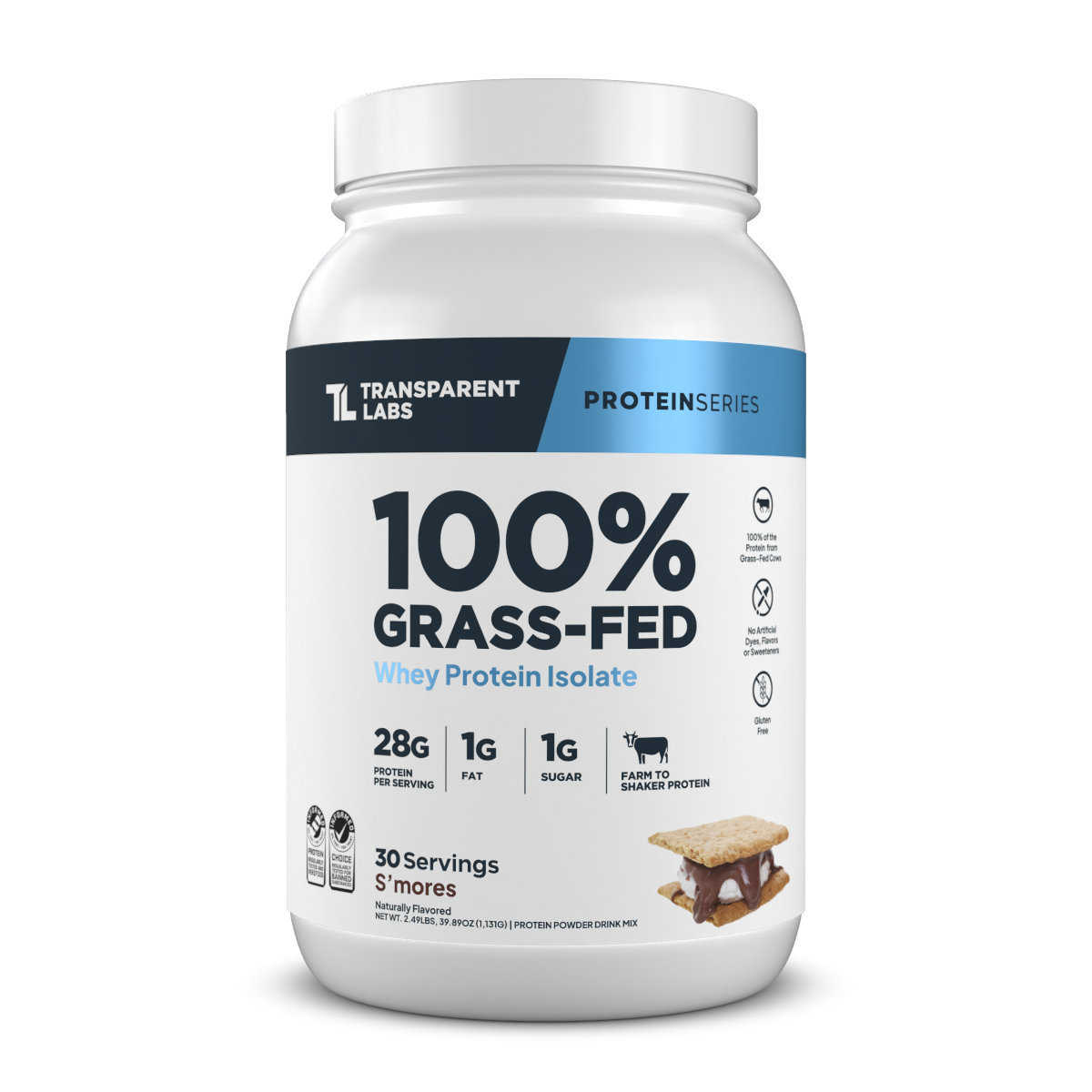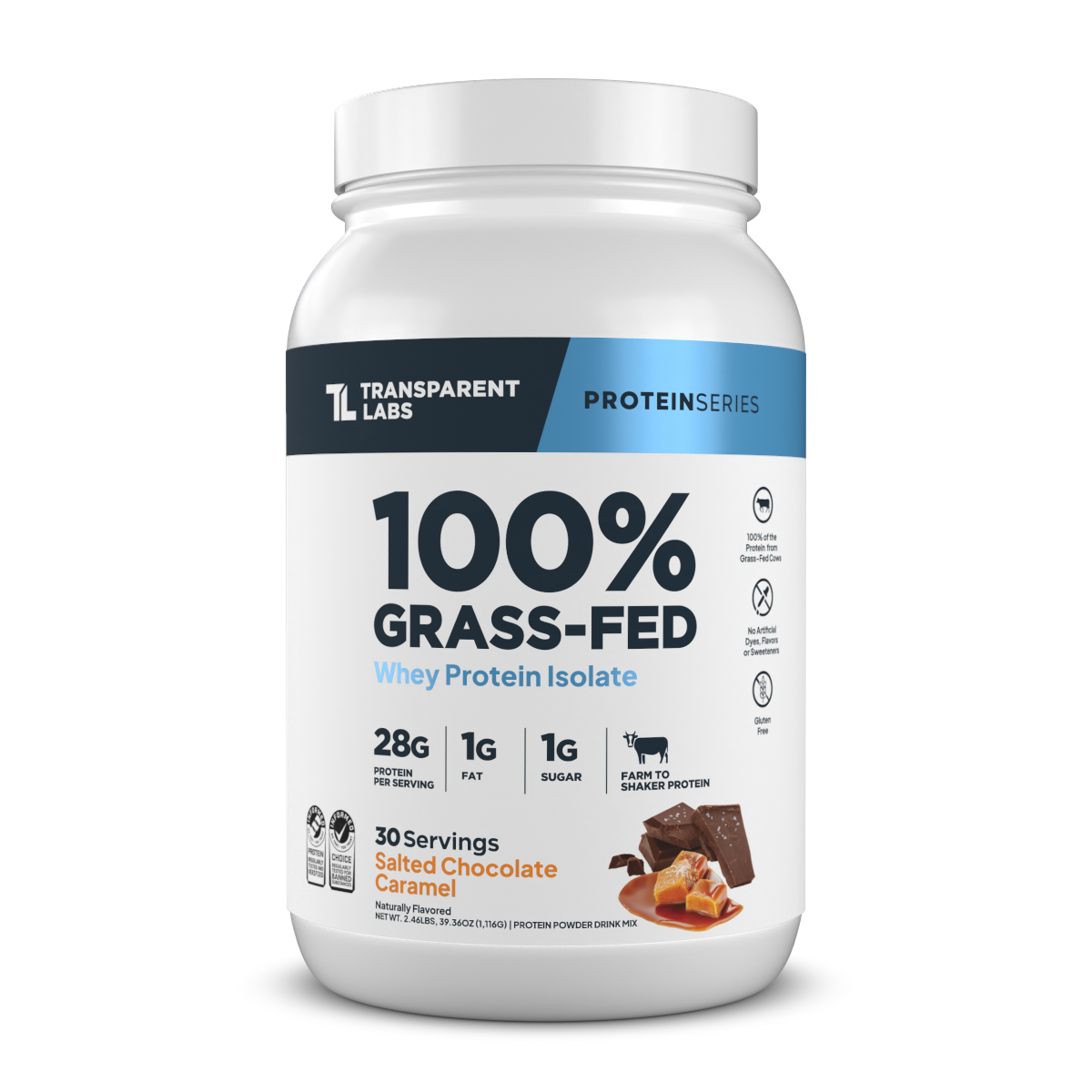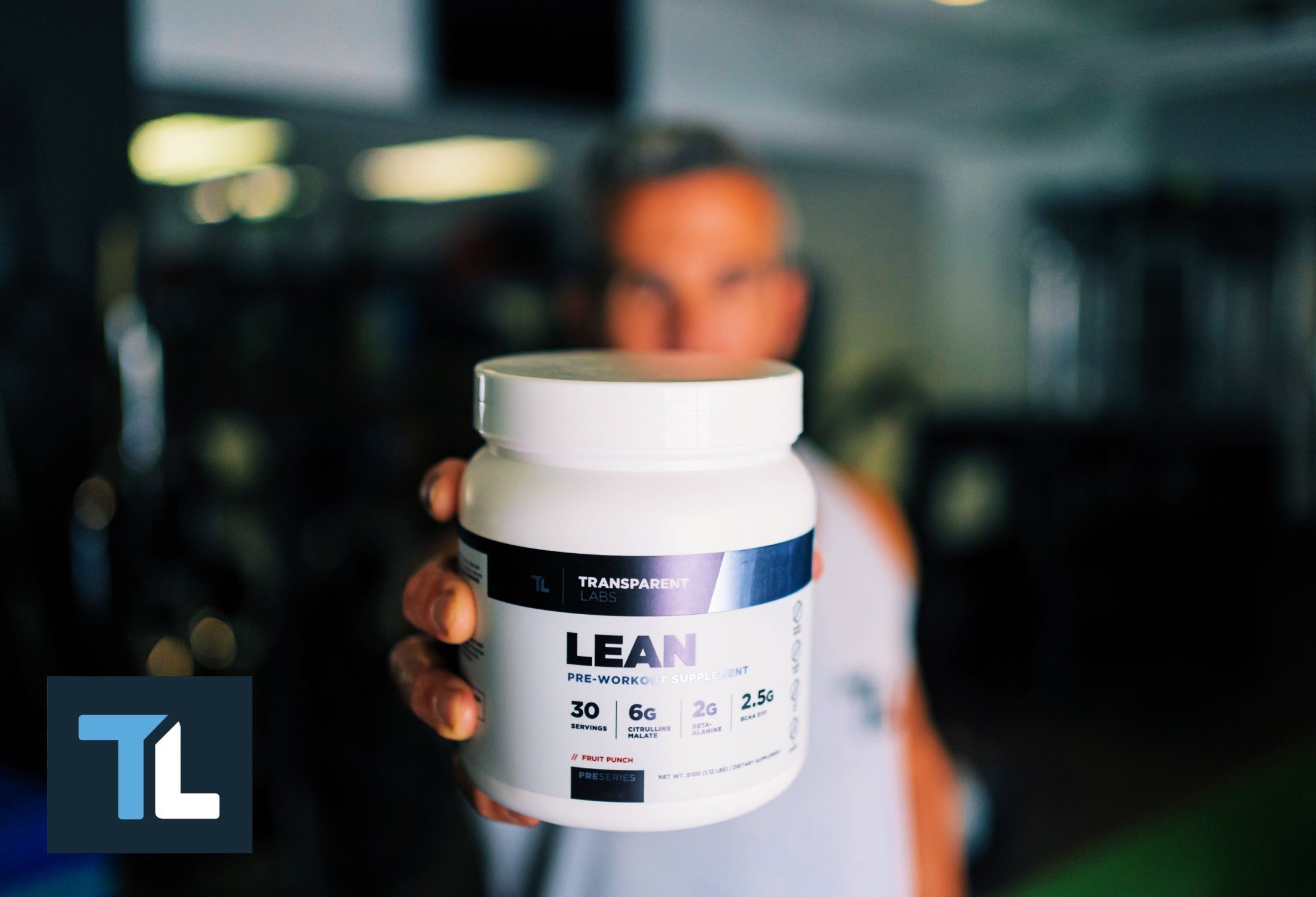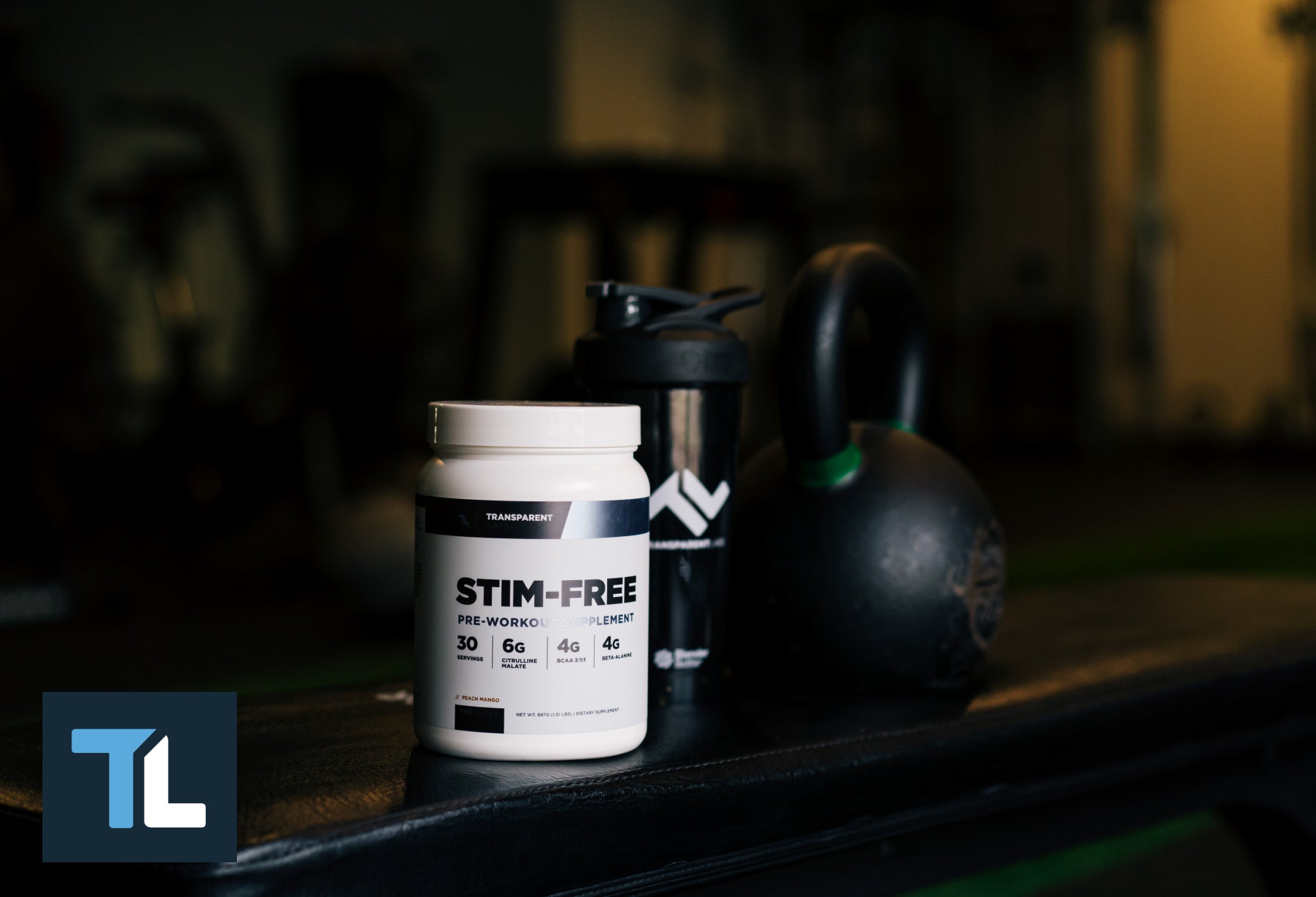Many gym-goers and athletes wonder, "Won't protein powder make me gain weight?" The question stems from a fundamental misunderstanding about how protein functions within your body's complex metabolic machinery.
The relationship between protein and body composition changes hinges on context rather than the supplement itself. How you integrate protein powder into your daily nutrition, type of protein powder you choose, when you consume it relative to your workouts, and why you've chosen supplementation over whole food sources creates the framework for understanding its true impact on your physique goals.
What is Protein Powder?
Protein powder is one of the most versatile and scientifically-backed dietary supplements used by fitness enthusiasts and those committed to a high-protein diet. These concentrated protein sources are derived from various animal and plant-based origins, each offering distinct amino acid profiles and absorption rates.
Whether your goal involves growing, recovery enhancement, or simply meeting daily protein requirements more efficiently, protein powders provide a convenient solution that eliminates the guesswork of traditional whole food sources, are easy to take on the go, and are often high in protein, but low in other macronutrients.
The industry has formulated these supps to address nutritional needs, dietary restrictions, and performance objectives. From post-workout recovery to meal replacement scenarios, protein powders have become an essential tool for optimizing nutritional intake across diverse demographics and fitness levels.
There are many different types of protein powder available on the market to help you hit your various goals.
Whey Protein Isolate
Whey isolate undergoes extensive processing to remove virtually all lactose, fat, and carbohydrates, resulting in a product that's typically 90% pure protein or higher. This refined form absorbs rapidly into the bloodstream, making it particularly effective for post-workout recovery when muscles require immediate amino acid availability.
Individuals with lactose sensitivities often gravitate toward isolate since the filtering process eliminates most dairy-related digestive concerns while maintaining the complete amino acid profile that makes whey so effective.
Whey Protein Concentrate
Whey concentrate maintains more of the original milk components, including some lactose and fat, while still delivering substantial protein content typically ranging from 70-80%. This less processed form retains beneficial compounds like immunoglobulins and lactoferrin that may support immune function through antiviral and antibacterial properties.
Athletes and fitness enthusiasts often choose concentrate for its cost-effectiveness and slightly richer taste profile, especially when lactose tolerance isn't a concern and budget considerations play a role in supplement selection. Whey concentrate also tends to have more calories than whey isolate, a consideration based on your fitness goals.
Mass Gainer
Mass gainers combine protein with significant amounts of carbohydrates and calories, specifically formulated for individuals struggling to consume adequate calories for muscle growth. These supplements typically contain anywhere from 500 to over 1,000 calories per serving, making them ideal for athletes with high caloric demands.
The protein-to-carb ratio supports muscle protein synthesis and glycogen replenishment, addressing the comprehensive nutritional needs of those pursuing serious muscle mass development. The additional calories make this a great option for those in the building and growth phase, but not an ideal option for those on a weight loss journey.
Vegan Protein Powder
Plant-based protein powders utilize sources like pea, rice, hemp, or soy. These formulations often combine multiple plant sources to achieve complete amino acid profiles, addressing the traditional limitation of single plant proteins.
Individuals following plant-based diets, those with dairy allergies, who experience digestive health issues from whey, or people seeking more sustainable protein sources are well suited for vegan protein. These supps often have higher carb counts than traditional whey, so if you're looking to lose weight, make sure you read the nutrition label before purchasing.
Collagen Supplements
There has been a growing interest in collagen supplements. Touted online for its ability to assist hair and nail growth, support joint health, and improve skin elasticity, it's no wonder people are gravitating toward the supplement. Although the research around collagen is fairly new, one study found that collagen hydrolysate was beneficial for athletes who experience joint pain that affected their physical activity.
Collagen protein delivers a unique amino acid composition that differs significantly from traditional muscle-building proteins, containing high concentrations of glycine, proline, and hydroxyproline. While it doesn't provide a complete amino acid profile for muscle protein synthesis like whey or casein, collagen offers complementary benefits that many gym-goers find valuable for overall performance and recovery.
Why Do People Use Protein Powder?
Protein powders have become a staple supplement for athletes, fitness enthusiasts, and health-conscious individuals seeking to get more protein in their day-to-day nutritional intake. Understanding why people gravitate toward these supplements reveals the practical benefits they offer beyond simple convenience.

Muscle Growth and Development
Protein serves as the fundamental building blocks for muscle tissue. When you engage in resistance training or intense physical activity, your muscles require adequate protein to repair and grow stronger. Protein powders deliver essential amino acids in concentrated form, making them particularly effective for supporting muscle protein synthesis.
The nutritional value of quality protein supplements can significantly enhance your body's ability to build lean muscle mass when combined with consistent training and protein intake.
Enhanced Recovery Outcomes
Post-workout recovery demands proper nutrition, and protein plays a crucial role in this process. Consumption of protein shakes may help reduce muscle soreness and expedite the repair process. Accelerated recovery allows for more frequent and intense training sessions, leading to quicker gains.
Convenience
Modern lifestyles often make meeting daily protein requirements challenging through whole foods alone. Protein powders offer unmatched convenience—whether blended into a smoothie, as a protein shake, or incorporated into recipes and baked goods. This accessibility ensures consistent protein intake regardless of schedule constraints.
It's also very easy to take on the go. So if you're constantly moving, or travel often, it's an easy way to get in your recommended dietary allowance of protein.
Meeting Daily Protein Goals
Individual protein needs vary based on factors like body weight, activity level, and fitness objectives. Many people struggle to consume the amount of protein their bodies require through traditional meals. Especially for bodybuilders or those on a weight loss journey who are sick of chicken.
Protein powder should always complement a whole food diet rather than replace other sources of protein. You still need to get your other macronutrients and micronutrients in form of vitamins and minerals, best derived from fruits and veggies.
Ways to Use Protein Powder
When determining the best way to consume protein, your approach should align with your specific outcome goals. Think about whether you're trying to gain weight, lose weight, or maintain your current physique.
For those focused on weight gain, mixing whey protein with milk rather than water maximizes caloric density while delivering additional nutrients. Consider blending it into smoothies with peanut butter, which not only enhances flavor but provides healthy fats and extra calories. Chocolate varieties work exceptionally well in coffee-based protein drinks, creating a satisfying meal replacement that supports your bulking objectives.
Weight loss seekers should prioritize protein consumption between meals as a strategic snack to manage hunger and preserve muscle mass during caloric restriction. Water becomes your mixing liquid of choice here, avoiding unnecessary calories while still meeting your protein needs. Greek yogurt combined with a scoop of whey creates a nutrient-dense option without added sugar concerns.
Those maintaining weight can leverage whey protein's versatility most effectively. Whether consumed post-workout in smoothies or stirred into morning coffee, timing becomes secondary to consistency. The key lies in examining other ingredients in your chosen protein powder. Avoid products loaded with added sugar that could derail your maintenance goals.
Regardless of your objective, consulting with a registered dietitian ensures your protein strategy is aligned with your end goal. They can also help you determine optimal timing, how to use it most efficiently, provide recipes and if there are any nutritional gaps in your diet.
Can Protein Powder Lead to Weight Gain?
That leads us to the big question, does protein powder cause you to gain weight? The answer lies in your personal choices. The powder itself typically won't pack on pounds, but your choices around it absolutely can.
The real culprit often lies in what you're blending with your protein. That creamy milk base, the handful of nuts you toss in, or the banana you add for sweetness can quickly transform a lean nutrition boost into a calorie-dense snack. When you're mixing up shakes, every ingredient matters. A scoop of protein powder might contain 120 calories, but blend it with whole milk, peanut butter, and fruit, and you're suddenly looking at 400-500 calories per drink.
Smart selection starts with reading labels. Look for options with minimal added sugar and low fat content. Many protein powders sneak in unnecessary carbohydrates that can derail your goals. If weight management concerns you, stick to powders that keep things simple, and have high protein, low everything else.
Your mixing strategy deserves equal attention. Water or unsweetened almond milk keeps calories in check better than dairy milk. Skip the temptation to turn your protein shake into a dessert replacement. Instead, think of it as targeted nutrition designed to support your eating plan, not sabotage it.
Protein powder becomes problematic when you treat it like a free pass to add unlimited extras. Keep your combinations lean, watch your portions, and remember that even healthy calories still count toward your daily total. Smart choices prevent protein powder from becoming an unintended weight gain catalyst.

When Protein Powder Helps You Gain Weight (On Purpose)
Protein powder weight gain becomes inevitable when you're strategic about building mass. Mass gainers transform this dietary supplement into a calorie powerhouse, often packing 600-1000 calories per serving alongside protein. These formulations deliberately include carbohydrates, fats, and additional nutrients designed to increase body weight.
Adding extras like nut butters, oats, or whole milk creates an even denser caloric profile. Since the FDA leaves supplement regulation relatively loose, mass gainers can vary wildly in composition. Make sure you opt for third party tested supplements and always read the nutrition label.
When Protein Powder Won’t Cause Weight Gain
Weight gain becomes unlikely when you choose a protein powder wisely. This dietary supplement stays neutral on body weight when you select lean formulations with minimal carbohydrates and fats. Mixing with water keeps calories minimal, while avoiding added sugars prevents unnecessary caloric spikes.
Pure whey isolate or plant-based proteins without fillers maintain their role as targeted nutrition rather than weight-gain catalysts. Strategic selection and mindful mixing preserve protein powder's benefits without unwanted pounds.
Conclusion
Protein powder operates as a neutral player in your weight management equation. The supplement itself doesn't possess magical weight-gaining properties—your relationship with it depends entirely on the choices you make around selection and preparation.
The type matters significantly. A basic whey isolate delivers targeted nutrition without excess baggage, while mass gainers serve an entirely different purpose. Understanding these distinctions prevents you from accidentally choosing a formula that conflicts with your goals.
Your mixing decisions carry equal weight in determining outcomes. Water keeps things lean and focused. Whole milk, nut butters, and fruit transform your shake into something entirely different. When you approach protein powder with clear intentions and smart choices, it becomes a valuable tool for supporting your physique goals rather than working against them.
FAQs
Should I take protein powder if I am trying to lose weight?
Yes, when chosen strategically, protein powder can help with weight loss. Choose lean formulations like whey isolate. Protein supports muscle preservation during caloric restriction and helps manage hunger between meals.
Is mass gainer the same as regular protein powder?
No, mass gainer is much more calorie and macronutrient dense, specifically designed to aid in weight gain. Protein powder is meant to deliver an extra dose of protein to your regular diet.
How many scoops per day is too much?
It's always best to check the nutrition label to see the recommended serving size, as each protein powder differs. Excess protein doesn't always mean it leads to better outcomes, it may just end up being extra calories that you're trying to avoid.
When's the best time to take protein?
Consistency is the champion here, more so than timing. Although there is still debate about the anabolic window, the most effective thing to do is to take protein regularly, and to do it however best fits your lifestyle.
